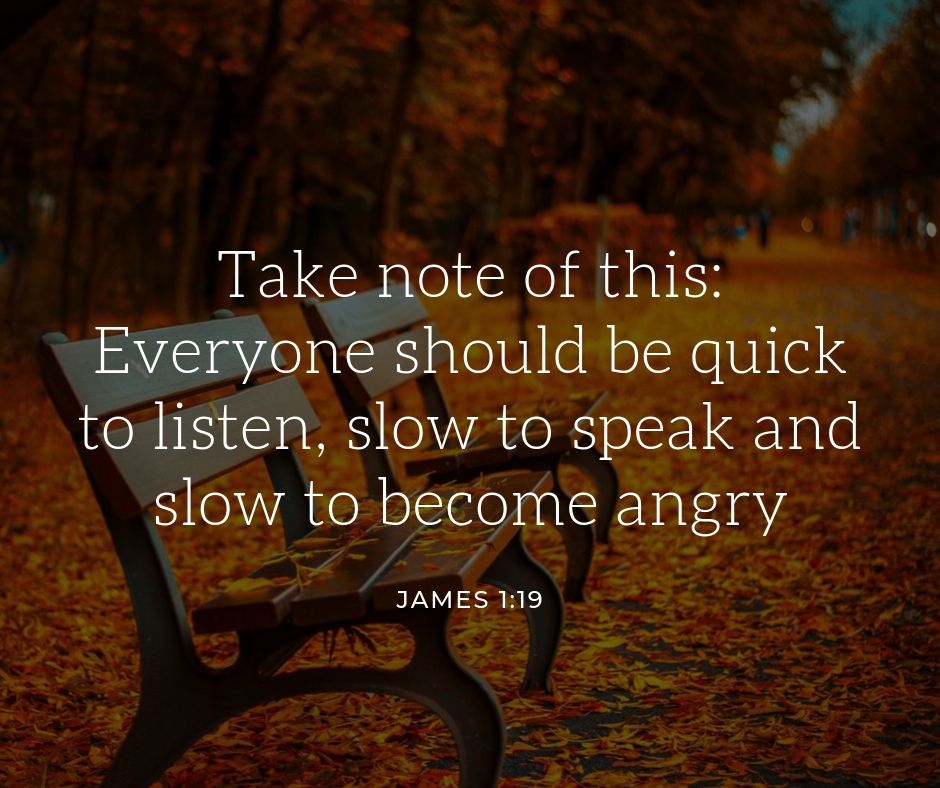Full disclosure for the day: I have not done my real “bible study” for like three days this week. I went easier routes, and I skipped a couple of days, too. Which got me thinking today about checklists and consequences.
I’ve made a pretty big point about how reading our Bibles like it’s a thing to check off a list isn’t really what God had in mind. But if we aren’t checking it off every day, why do it?
I’ll be the first to say how motivating checklists tend to be, at least for me. But I’m discovering that there are other motivations for reading my Bible that work better. Much better.
Choices and Consequences
Our culture is adamantly opposed to the idea that we should have to bear the consequences of our choices. But not wanting to doesn’t erase the reality that we make choices, and our choices always result in consequences. Good or bad, every choice has an outcome, and we have to learn to deal with those when they arise.
Using checklists can be a good way to make sure our choices result in mostly good consequences. We write down what needs done, and we check each one off as they happen. Great! All things completed!
But for Bible study, we actually mean something different when we say it’s “completed.”
I talked yesterday about how God’s looking for relationship with us, so fulfilling the obligation isn’t the same as completing the connection. Checklists and consequences don’t always equal the same end result.
The Consequences of Not Reading
When I looked back at my week of iffy Bible reading, two consequences quickly came to mind.
Missed Opportunities
God has given us a limited number of days on this earth. Which means the number of opportunities that we have to engage with God is also limited. Just like a friend whom we neglect to write or call until it’s too late, skipping our Bible reading is, at heart, a decision not to make that phone call or write that note. We’re missing out on the chance to openly connect with the God of the Universe. We pass up the opportunity to learn more about him. We refuse him the chance to pour himself into us more fully. It’s not that he’s punishing us, not by any stretch. He’s not holding himself away. We are the ones refusing to draw near to him. The consequence is a missed opportunity to know God better.
Disconnected Days
I realized this morning that I was a total bear yesterday. I was gruff with my kids and grumpy. And while may attitude was not directly connected to slacking on my Bible reading this week, it is, I think related. Again, not as if God’s punishing me for skipping out, but more like, the longer I go without really engaging with God’s Word, the easier it is for me to disconnect myself from him. I’m slowly learning that the Holy Spirit is my link to a Well of Life, evidenced as love in real-world situations, that I can be connected to because I’ve been “made alive” (Eph. 2) in Christ. But it takes a lot of practice, of discipline, of choosing to live out of that spiritual Well.
When I’m not reading my Bible regularly, I have even less connection to that well. Again, it didn’t go anywhere. But I stop thinking about drawing from it. When I’m engaging with God’s Word on a daily basis, I tend to remember to engage with him throughout each day, too. When I’m not in the Bible every day, it becomes easier to forget to come back to his words, his ways, his Spirit in the midst of the crazy that life throws at me. The discipline of daily Bible reading also increases my discipline of thinking of God in my real life, and ignoring my Bible reading tends to make me forgetful and disconnected.
Checklists and Consequences
Checklists do not mean we’ve connected with God. But sometimes the consequences of disconnection give us better motivation to do the hard, daily work of engaging with God’s word. At least that’s true of me.
So I’m planning a return to my daily Bible reading. Because the consequences of ignoring it are totally not worth a few minutes of my time and effort each day.




